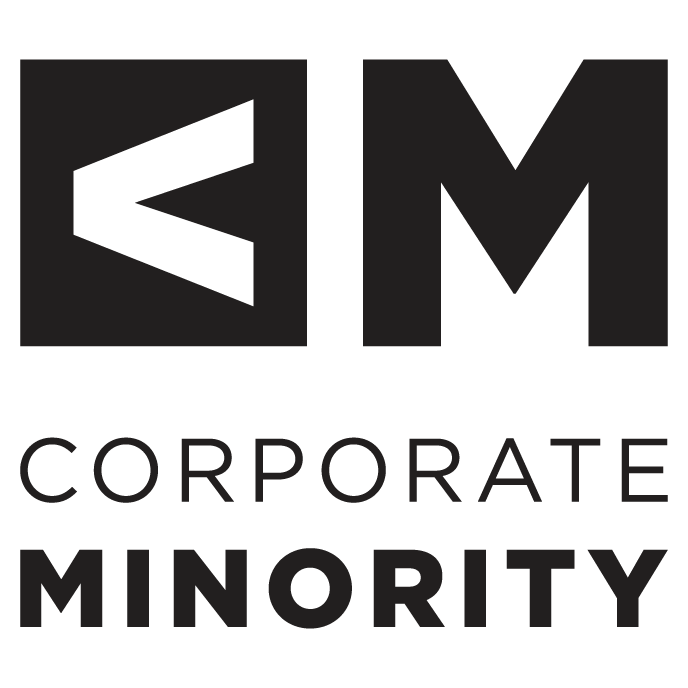What is Sports Law?
Many people are accustomed to the age-old myth that Sports Law only involves being an agent for professional athletes. However, Sports Law is a broad field that includes legal issues across professional, international, and amateur sports such as labor relations and collective bargaining, intellectual property, antitrust, and drug testing. Essentially, Sports Law applies to different areas of law in order to resolve problems that arise in sports.
So, what do people in Sports Law Do?
There are many different pathways to consider when pursuing a career in Sports Law. Here are some of the more common jobs and educational requirements for a career in Sports Law:
- Sports Lawyer
- Works for a law firm that advises a sports team or league; Or works as in-house counsel at a sports team or league
- Educational Requirements: Juris Doctorate degree and license to practice in the state
- Paralegal
- Assists lawyers working at a law firm that advises a sports team or league or assists lawyers working in-house at a sports team or league
- Educational Requirements: Associate’s degree or Bachelor’s degree, some employers and states may require certification
- Sports Agent
- Negotiates employment and endorsement contracts for professional athletes and coaches
- Educational Requirements: No formal educational requirements but some leagues or agencies may require certification to become a certified sports agent
- Compliance Officer
- Ensures that a sports league/team or university is conducting its business in full compliance with all laws, regulations, internal policies, and professional standards
- Educational Requirements: Requirements vary depending on the sports league/team and university and the role. The minimum requirement is a Bachelor’s degree, but most employers also require a Master’s degree or Juris Doctorate. Some also require a compliance certification.
- Sports Network Legal Analyst:
- Provides analysis of legal issues in sports by appearing on sports radio networks and stations
- Educational Requirements: Juris Doctorate degree and license to practice
- Sports Law Professor
- Teach Sports Law courses at a law/business school or a sports management program
- Educational Requirements: Juris Doctorate degree and license to practice, PhD in specific area of the law
How to enter the field of Sports Law and where to find jobs?
Entering the field of Sports Law requires hard work, experience, and also networking. Although a lot of people assume you should have a sports background, it is more important to have an expertise or specialized skill set you can bring to a sports team or organization. A good way to enter the field is by visiting local universities and sports teams and inquiring about opportunities within their legal or compliance department. Altogether, if you are looking to enter the field you should be knowledgeable about sports news, how the law and sports intersect, and what role you want to play.
FREE Resources for Sports Law jobs:
- Teamwork Online – lists job links by sports league or company
- Sports Career Institute – provides links for job postings and opportunities for numerous areas of sports
- NCAA Marketplace – allows users to search job postings within college athletics
- USOC Jobs – allows users to search Olympic Sport jobs
- Law Crossing – allows users to search for jobs in the legal field as well as post their resumes to the site
- Marquette University Law School Sports and Sports Law Career Resources Website – offers a comprehensive list of free sites and subscription-based sites for people interested in Sports Law
- Subscribe to the Minorities in Sports Mailing List for job opportunities and a network of minorities who work in sports
Lastly, Here are Some Tips for Success
Be open to work long hours and sometimes on weekends! The Sports Law Industry is driven by networking so it is important that you make the most of opportunities to attend games or events that your company may host or have access to. Also, as a minority working within sports law, you should try to get involved in your company’s affinity or diversity group by contacting your HR or Diversity or Inclusion team. Stay up to date with the news and watch how new laws and regulations impact your sports organization. In all, the Sports Law Industry can be arduous but it is also very rewarding and you can always find an escape to have fun and enjoy sports with your co-workers, family, and friends.





